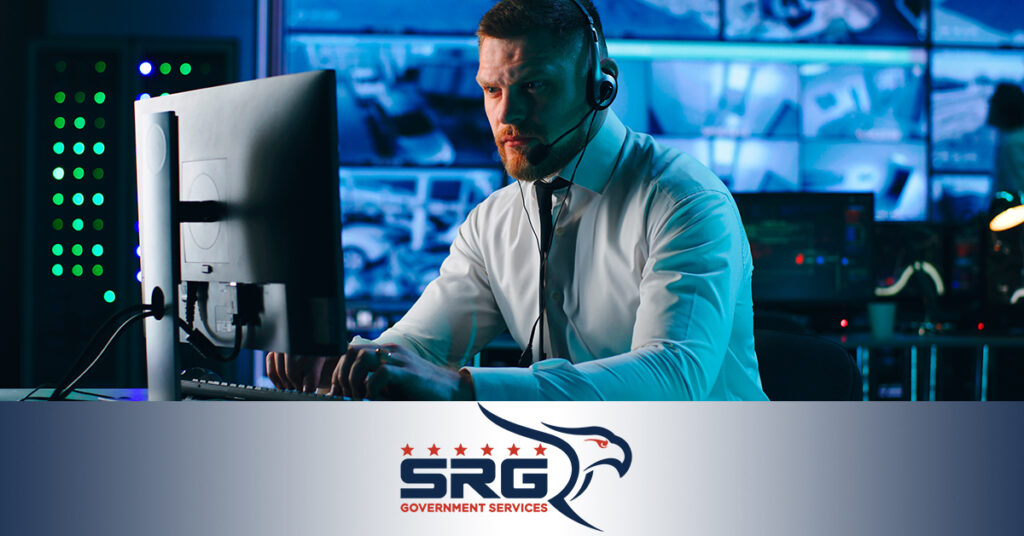In the defense industry, security is essential. As a result, defense professionals working remotely need to remain vigilant, ensuring they’re taking appropriate steps to secure critical data and communications at all times.
Often, some of the simplest security precautions are highly effective, making them an excellent starting point. If you’re a defense employee or contractor working remotely, here are some cybersecurity best practices to follow.
Use Employer-Provided Devices Only
In most cases, professionals working with the Department of Defense (DOD) use employer-provided devices for their computing needs. The primary reason is that safeguards are in place to ramp up cybersecurity.
While it’s tempting to use personal devices if you find them more comfortable, doing so is ill-advised. In many cases, using a personal device is explicitly banned by company policy, which puts your job at risk. Additionally, it can cause issues regarding public information requests or could lead to the mishandling of classified data. Finally, many personal devices aren’t as suitably secured against threats and lack critical capabilities, such as remote wipes. As a result, ensuring you’re only using employer-provided devices is essential if you’re a defense professional.
Plan for Required Security Updates
As a defense professional, company-provided device updates are usually initiated by a member of the IT team once they’re formally approved. Make sure that your computer is appropriately accessible for any required updates. Whether that means remaining connected to a specific service or coming into an office at particular times, planning for the patches allows your devices to have the latest security solution updates, protecting you against more threats.
Safeguard Your Connections
When you’re working remotely as a defense professional, you’re typically connecting via Wi-Fi to handle tasks. Since that’s the case, ensuring your connection is suitably secure is vital for cybersecurity.
For home Wi-Fi, don’t use the username and password that came with the device or account. Instead, choose a new combination that isn’t used elsewhere. Additionally, ensure your network is password protected, and use a highly complex password to reduce the odds of unauthorized access. Additionally, whether you’re home or away, use services like employer-provided VPN, as solutions of that nature often encrypt your traffic for additional security.
Keep Devices in Secure Locations
Whether you’re working from home or in another location out of the office, never leave your device in a place that isn’t highly secured. For example, keeping a company-provided laptop sitting on the back seat of your car puts it at risk, as an authorized person could take it with relative ease.
At home, find a way to secure the device instead of leaving it on a desk. Putting it in a safe is ideal, but a locked cabinet or similar option may work well in some cases. If you’re traveling, keep tabs on the devices at all times. For hotel stays, use the room safe if you’re heading out for any reason.
Ultimately, the strategies above can help defense professionals ramp up their cybersecurity when working remotely. Are you interested in a new job in the defense industry? Partner with the Staffing Resource Group to find exciting opportunities quickly. Contact us to learn more about our services today.



